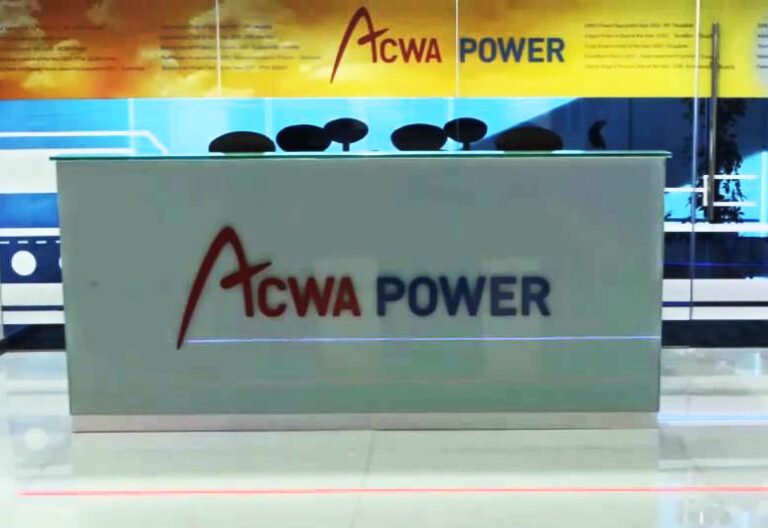Riyadh, Kingdom of Saudi Arabia: ACWA Power, and Saudi Electricity Company (SEC) in collaboration with Korea Electric Power Corporation (KEPCO), has secured Financial Close for Rumah 1 and Nairyah 1 IPP projects, with a total investment value of approximately SAR 15 billion (USD 4 billion).
Saudi Power Procurement Company (PRINCIPAL BUYER) is the Principal Buyer for the projects, responsible for project tendering and purchase of power. Ownership of the two project companies, Remal Energy Company and Naseem Energy Company, is shared between ACWA Power (35%), Saudi Electricity Company (35%), and Korea Electric Power Corporation (30%).
With a combined capacity of 3,600 MW, these projects directly contribute to the Ministry of Energy’s optimal energy mix plan, aiming to reliably secure power supply and maximize local content contribution in line with Saudi Vision 2030. Furthermore, these projects support the Kingdom’s aim for net-zero emissions by 2060 and ACWA Power’s own target of net zero by 2050. The inherent design of these plants allows for the future integration of carbon capture facilities, further solidifying the commitment to ensuring flexibility and innovation in the Kingdom’s energy sector.
The financing was secured from a group of local, regional, and international lenders, along with an export credit agency. The lending group includes Export Import Bank of Korea (KEXIM), Saudi National Bank, Saudi Investment Bank, Banque Saudi Fransi, Standard Chartered Bank, Bank of China, Agricultural Bank of China, Industrial and Commercial Bank of China, and Arab Petroleum Investments Corporation.
Key Leadership View
Commenting on the funding, Thomas Brostrom, Chief Investment & Development Officer at ACWA Power, said: “The successful achievement of financial closure of the Rumah 1 and Nairyah 1 IPP projects underscores the investor confidence in ACWA Power’s strategic vision and our proven track record in delivering sustainable power solutions. Securing financing from such a diverse group of lenders demonstrates the bankability of these projects and their alignment with global sustainability objectives. We are particularly pleased with the inclusion of export credit financing, which further validates the international significance of these projects. This financial achievement reinforces our commitment to providing reliable and cost-effective power while actively pursuing innovative solutions for a cleaner energy future.”
Abdulrahim Alharbi, Acting CEO of Energy Infrastructure Consortium Company (EICC) – a subsidiary of Saudi Electricity Company (SEC), added:” The successful financial closure of the Rumah 1 and Nairyah 1 IPP projects is a testament to the strength of our partnerships and the Kingdom’s credibility in attracting strategic investments in the energy sector. By leveraging advanced technologies and fostering international collaboration, we are contributing to Saudi Arabia’s energy transition goals while enhancing the resilience and sustainability of our power system. We are proud to be at the forefront of delivering on Vision 2030’s priorities and creating long-term value for our stakeholders.
Project Under the Collaboration
The Rumah 1 IPP Project includes the construction of a combined cycle gas turbine (CCGT) power plant with a capacity of 1,800 MW in Saudi’s Riyadh Province. The plant will be operated by Remal Energy Company as the project company, with a total investment value of approximately SAR 7.5 billion (USD 2 Billion).
In addition, Nairyah 1 IPP Project includes the construction of Nairyah 1 CCGT Power Plant with a capacity of 1,800 MW in the Eastern Province of Saudi Arabia. Naseem Energy Company will serve as the project company, with a total investment value of approximately SAR 7.5 billion (USD 2 billion).
ACWA Power, the world’s largest private water desalination company, and a leader in energy transition and first mover into green hydrogen. Meanwhile, the Saudi Electricity Company (SEC) is the primary source of electricity in the Kingdom, playing a vital role by supplying the nation with electric power according to the highest standards of reliability and dependability.



